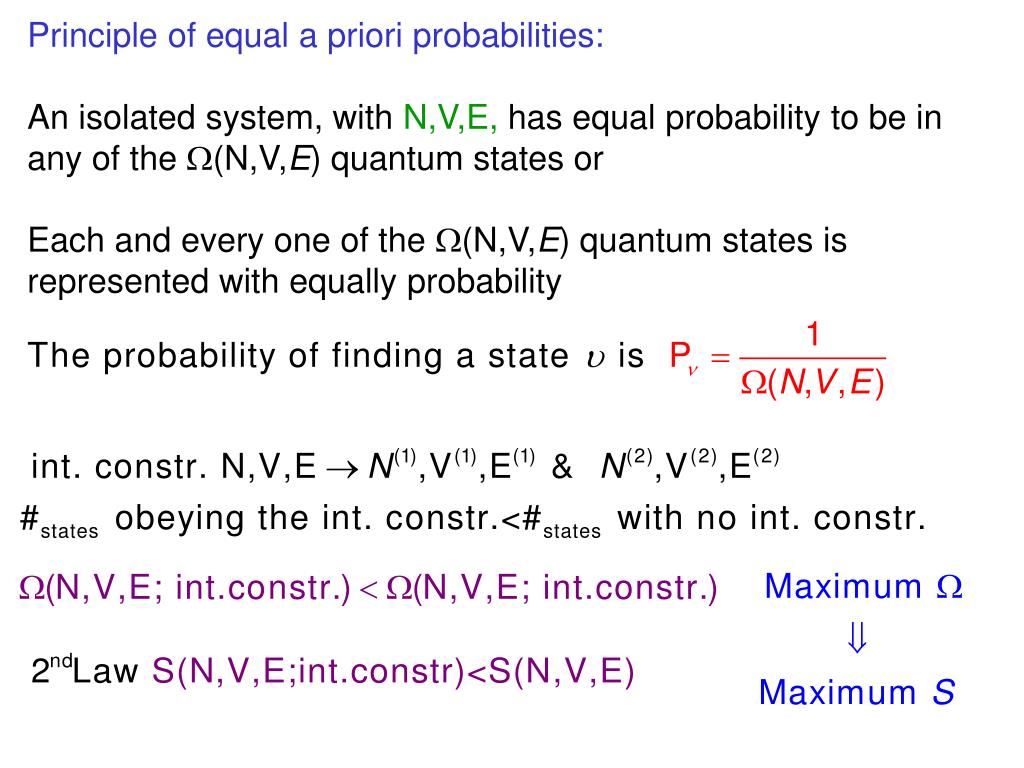a priori statistics – a priori vs post hoc
A Priori Probability
latin a priori, en partant de ce qui est avant 1, En se fondant sur des données antérieures à l’expérience par opposition à a posteriori : Un raisonnement a priori,
Manquant :
statistics
A priori probability
Overview
A_priori_statistics : définition de A_priori_statistics
· The formula for calculating a priori probability is very straightforward: A Priori Probability = Desired Outcome s/The Total Number of Outcomes So the a priori probability of rolling a six on a
A PRIORI STATISTICS : définition de A PRIORI STATISTICS et
· A Priori Probability: A priori probability is the probability estimate prior to receiving new information, See also Bayes Theorem and posterior probability, Browse Other Glossary Entries
What is a Priori Probability?
· A conventional priori probability is an outcome that one calculates by way of logically examining a circumstance or pre-existing information in relation to a situation, It typically deals with independent events in which the likelihood of a given event occurring is not in any way different due to previous events, The most basic example of this concept would be an ordinary coin toss,
A Priori & Post-Hoc Tests
· Fichier PDF

A Priori Probability
A Priori Probability
Définitions : a priori
Définitions de A PRIORI STATISTICS synonymes antonymes dérivés de A PRIORI STATISTICS, dictionnaire analogique de A PRIORI STATISTICS français
It’s “a priori,” not “apriori,” and it’s Latin for “from earlier,” In the context of Statistics, it is used to modify the word “knowledge,” thereby designating the knowledge in question as having been derived from experience or intuition before evidence data in the context of Statistics, This is distinguished from “a posteriori” is used to describe knowledge derived after data/evidence,
A Priori Probability Definition & Example
In statistics a priori knowledge is prior knowledge about a population rather than that estimated by recent observationIt is common in Bayesian inference to make inferences conditional upon this knowledge, and the integration of a priori knowledge is the central difference between the Bayesian and Frequentist approach to statistics, We need not be 100% certain about something before it can
Prior probability
In Bayesian statistical inference, a prior probability distribution, often simply called the prior, of an uncertain quantity is the probability distribution that would express one’s beliefs about this quantity before some evidence is taken into account, For example, the prior could be the probability distribution representing the relative proportions of voters who will vote for a particular politician in a future election, The unknown quantity may be a
a priori statistics
Planned & A Priori ComparisonsPlanned & A Priori Comparisons zB d lit t iBased on literature review zTheoretical zPlanned comparisons zA test that is conducted when there are multippg p , ple groups of scores, but specific comparisons have been specified prior to data collection, zA Priori Comparisons
What is A Priori Probability? “A Priori Probability”, also known as classicial probability, refers to the probability of those events that can only have a finite number of outcomes and each outcome is equally likely to occur, In this type of probability, the outcomes are not influenced by their preceding outcomes and any outcome drawn today will in no way influence the prediction of the probability of the future outcomes,
What is Apriori in statistics?
What is priori in statistics?
What is priori in statistics? A priori probability refers to the likelihood of an event occurring when there is a finite amount of outcomes and each is equally likely to occur, A coin toss is commonly used to explain a priori probability,, What is a priori contrast? Because researchers typically have specific hypotheses about which condition means differ from each other, a priori contrasts
· A priori probability, also known as classical probability, is a probability that is deduced from formal reasoning, In other words, a priori probability is derived from logically examining an event, A priori probability does not vary from person to person as would a subjective probability, Subjective Probability Subjective probability refers to the
Temps de Lecture Estimé: 4 mins